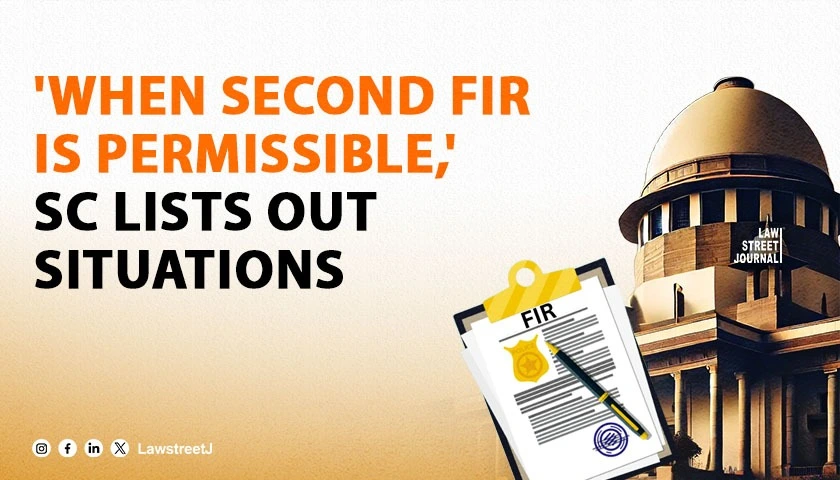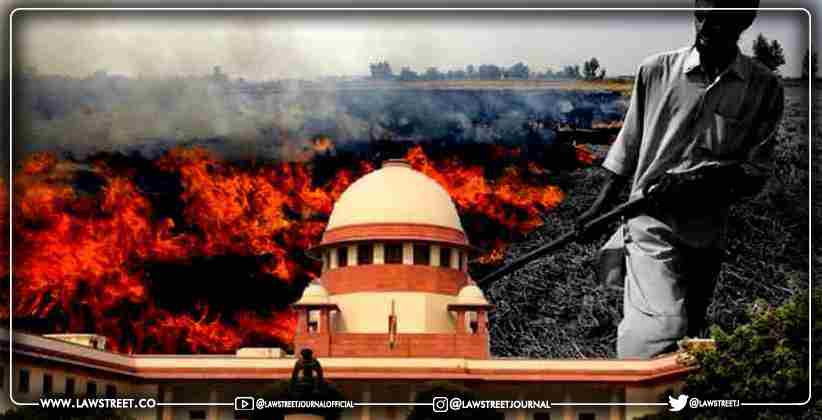NEW DELHI: The Supreme Court has held registration of second FIR is permissible when the scope and ambit of the two FIRs are distinct and different, though arising out of same set of circumstances.
A bench of Justices Sanjay Karol and Prashant Kumar Mishra examined whether the registration of the subsequent FIR was permissible.
Second FIR Legality: When Is It Permissible as per Supreme Court?
In T T Antony Vs State of Kerala (2001), it was held second FIR in a case which is not a cross-case, violated Article 21 of the Constitution and thus the second FIR was not maintainable.
"This rule, however, over the years through judicial pronouncements, has lent some flexibility," the bench said.
With a series of subsequent judgments, the bench said, two FIRs can be lodged, i e, when the second FIR is counter-complaint or presents a rival version of a set of facts, in reference to which an earlier FIR already stands registered.
SC Ruling on Multiple FIRs: Key Exceptions You Need to Know
It can also be lodged, when the ambit of the two FIRs is different even though they may arise from the same set of circumstances; when investigation or other avenues reveal the earlier FIR or set of facts to be part of a larger conspiracy; when investigation and/or persons related to the incident bring to the light hitherto unknown facts or circumstances; and where the incident is separate; offences are similar or different, the bench said.
The court allowed the Rajasthan government's appeal against the High Court's September 9, 2022 order, which quashed an FIR, relating to corruption charges, upon a plea by Surendra Singh Rathore.
The respondent was acting as Chief Executive Officer-cum-Project Director, Bio-fuel Authority, Rajasthan government.
The first FIR was lodged on a demand made on April 4, 2022 for a bribe at the rate of Rs 2 per litre for the sale of bio-diesel, i.e., Rs 15 lakhs per month with a further Rs 5 lakhs for renewal of the license of the complainant.
The second FIR was lodged on April 24, 2022 alleging, amongst other persons, the respondent was indulging in taking bribes to grant licenses to run bio-fuel pumps.
Quashing the second FIR, the High Court held this was an abuse of the process of law and was not maintainable.
Having examined the facts of the matter, the bench said, the scope of the two FIRs are distinct. The FIR prior in point of time referred to a particular incident and the action taken was limited. The second FIR, however, pertained to the larger issue of widespread corruption in the concerned department and, therefore, is much larger in its scope than the previous FIR, it noted.
The court said quashing the FIR would nip the investigation into such corruption, in the bud, which would be against the interest of society.







![Order to appoint One Man Committee of Justice (Retd.) Lokur for the Prevention of Stubble Burning Kept in Abeyance by SC itself [READ ORDER]](/secure/uploads/2020/10/lj_8849_Order_to_appoint.jpeg)









